Pros and cons of no-spray/organic rose gardening
vuwugarden
13 years ago
Related Stories
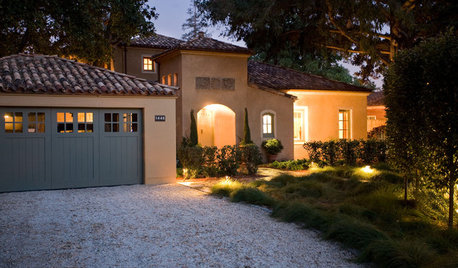
REMODELING GUIDESGravel Driveways: Crunching the Pros and Cons
If you want to play rough with your driveway, put away the pavers and choose the rocky road
Full Story
FEEL-GOOD HOMEThe Pros and Cons of Making Your Bed Every Day
Houzz readers around the world share their preferences, while sleep and housekeeping experts weigh in with advice
Full Story
REMODELING GUIDESConcrete Driveways: Poring Over the Pros and Cons
Concrete adds smooth polish to driveways and a sleek look to home exteriors, but here are the points to ponder before you re-surface
Full Story
MATERIALSInsulation Basics: What to Know About Spray Foam
Learn what exactly spray foam is, the pros and cons of using it and why you shouldn’t mess around with installation
Full Story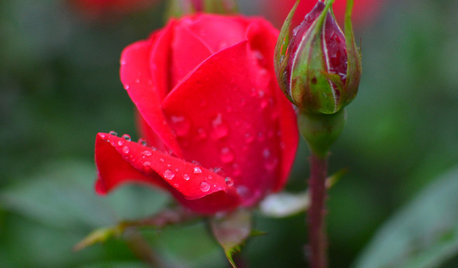
GARDENING GUIDESGreat Design Plant: Knock Out Roses
As glorious as their high-maintenance kin for a fraction of the work, Knock Out roses make even beginners look like garden stars
Full Story
WINTER GARDENINGPruning Secrets for Exquisite Roses
Encourage gorgeous blooms year after year with this time-tested advice on how to prune your rosebush in winter for health and shape
Full Story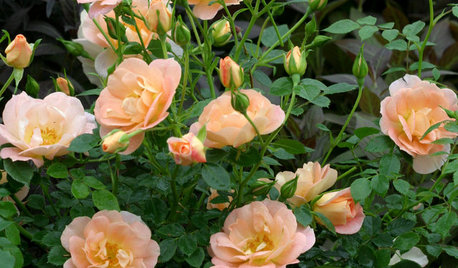
GARDENING GUIDES6 Wonderfully Easy Roses for Any Gardener
Look like an expert even if you're just starting out, with these low-maintenance gems of the rose world
Full Story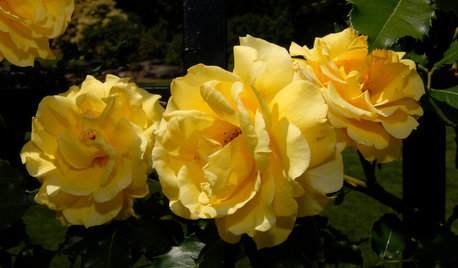
GARDENING GUIDES5 Favorite Yellow Roses for a Joyful Garden
Make 'cheery' the name of your garden game when you order your roses sunny side up
Full Story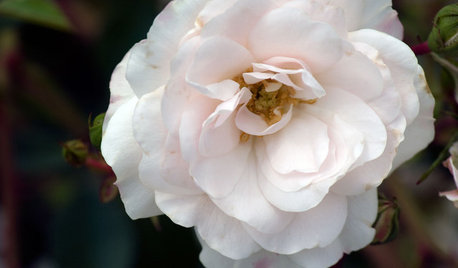
GARDENING GUIDES5 Favorite White Roses for a Purely Beautiful Garden
How does your garden glow? With roses that look like light and smell divine
Full Story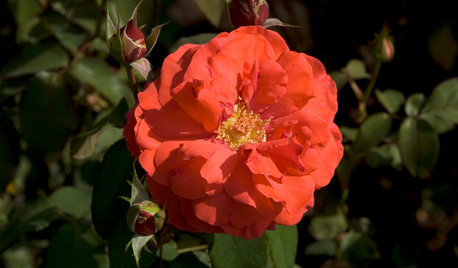
GARDENING GUIDES6 Captivating Roses for an Alluringly Fragrant Garden
Perfume your garden with aromas from richly spicy to lightly sweet, without sacrificing an inch of color
Full StorySponsored




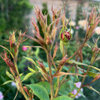


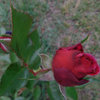
taoseeker
cecily
Related Discussions
Pros/Cons of These Red Roses
Q
Starting bare root roses in pots: pros and cons?
Q
Can I get some comments on these Roses: pros and cons..
Q
Pros and cons of container vegetable gardening ....
Q
iowa_jade
buford
henry_kuska
olga_6b
sergeantcuff
henry_kuska
huttnem
buford
buford
olga_6b
sammy zone 7 Tulsa
henry_kuska
Zyperiris
mad_gallica (z5 Eastern NY)
User
cecily
buford
henry_kuska
huttnem
buford
sandy808
bbinpa
huttnem
Embothrium
elemire
elemire
sammy zone 7 Tulsa
henry_kuska
bbinpa
henry_kuska
ingrid_vc so. CA zone 9
Embothrium
bbinpa
henry_kuska
henry_kuska
sandy808
cat_insc
henry_kuska
sammy zone 7 Tulsa
bellegallica
henry_kuska
buford
henry_kuska
elemire
bbinpa
henry_kuska
bbinpa
cat_insc